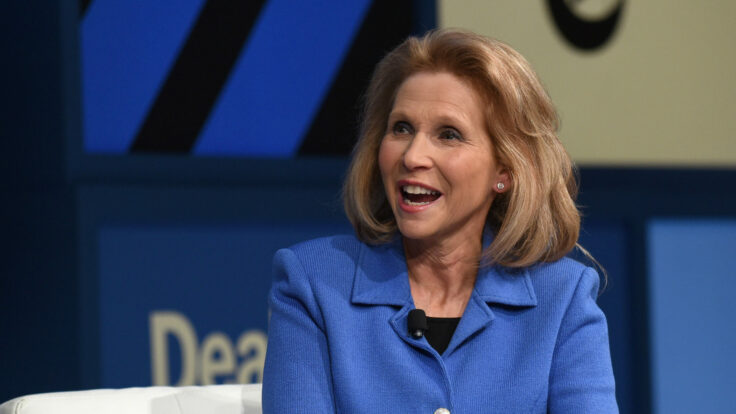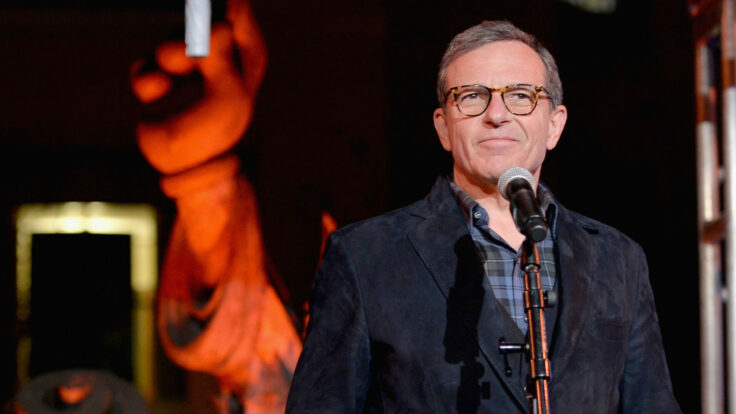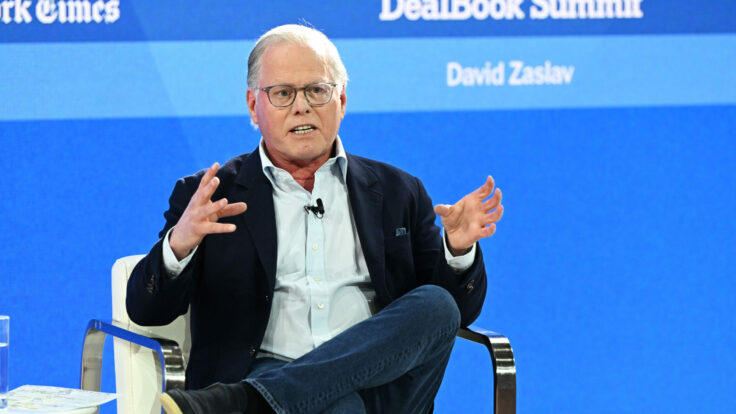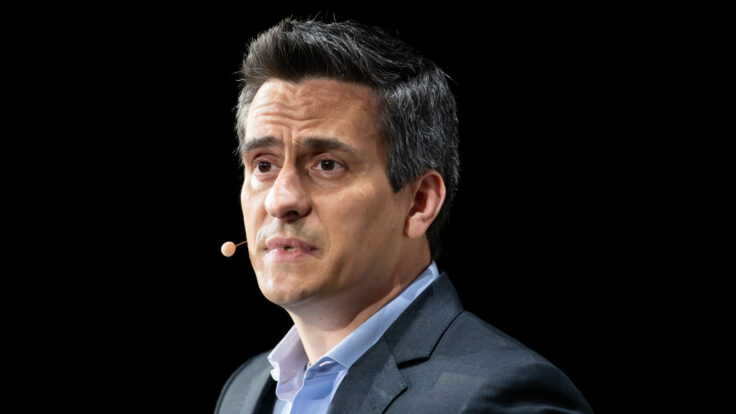Nelson Peltz has had a busy few months. The activist investor, who over the years has successfully agitated for C.E.O. changes at Heinz and DuPont and Procter & Gamble and GE, began last summer by snake charming Bob Chapek, then the C.E.O. of Disney, suggesting various ideas about the future of ESPN and Hulu, among other things, at a tête-à-tête at EuroDisney. By November, his firm Trian Partners began amassing a nearly $1 billion position in the company.
When Chapek was replaced by Bob Iger, Peltz hardly paused. He met with the new management and the old board members, resurfaced his investment thesis and asked for a director’s chair of his own. He owned less than one percent of the company, sure, but he had amassed about twenty times more stock than the rest of the directors combined, minus Iger. After a series of blow-offs, however, Peltz commenced a proxy battle against Disney to get the board seat that Iger denied him.

















